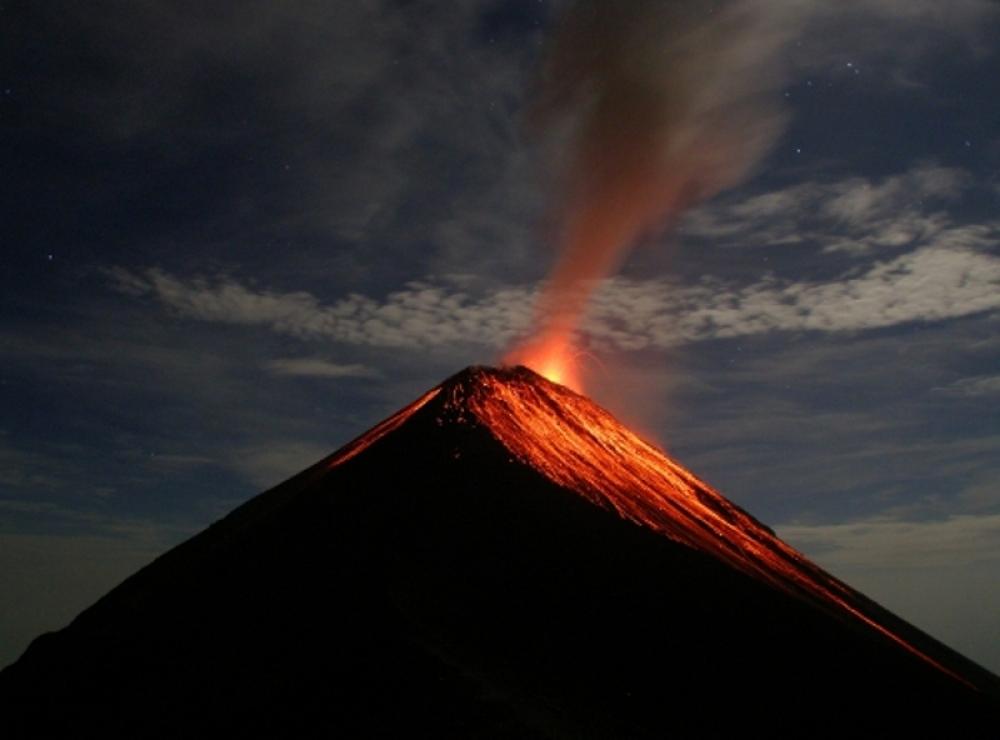Just Earth News | @justearthnews | 04 Jun 2018, 06:12 am Print

Guatemala City: At least seven people were killed as Guatemala's Fuego volcano erupted on Sunday for the second time this year, media reports said.
The incident left 20 others injured.
The volcanic eruption spewed a river of red, hot lava and belched thick clouds of smoke nearly six miles into the air, according to the CONRED, the government's national coordinator for disaster reduction, reported CNN.
La noche ha caído y nuestros agentes hacen la búsqueda con linternas. #VolcánDeFuego pic.twitter.com/utMGobcw2Q
— PNC Guatemala (@PNCdeGuatemala) June 4, 2018
The explosion stands to affect 1.7 million people, Sergio García Cabañas, director of CONRED, was quoted as saying by CNN.
So far, 3100 people have been rescued.
Rescue operation is still going on.
PNC Guatemala tweeted: "#PNCProtegerYServir Dozens of families continue to be evacuated by our outstanding police personnel in Escuintla and Sacatepéquez. Many children are taken in arms or loaded on the backs of our agents to then walk for several miles to make them safe."
The Guatemalan Army shared images on their Twitter handle where officers could be seen clearing the runway with push brooms.
Guatemala's President Jimmy Morales said national emergency system has been alerted following the eruption.
Erupción del #VolcánDeFuego.
— Jimmy Morales (@jimmymoralesgt) June 3, 2018
Habrá conferencia de prensa a las 6:00 pm, por favor estar pendientes, ya se ha convocado al sistema nacional de emergencias.
"Eruption of #VolcánDeFuego. There will be a press conference at 6:00 pm, please be pending, the national emergency system has already been called," he tweeted.
Image: Kevin.sebold/Wikipedia
- Why are scientists warning about surging glaciers? All details inside
- Mass coral bleaching to hit Great Barrier Reef most years, study reveals
- Global water bankruptcy shock: Why the planet’s most precious resource Is collapsing
- Would you pay $1 million to stay on the moon? This company thinks so
- A historic UN deal is about to transform how the world protects its oceans





-1763561110.jpg)
